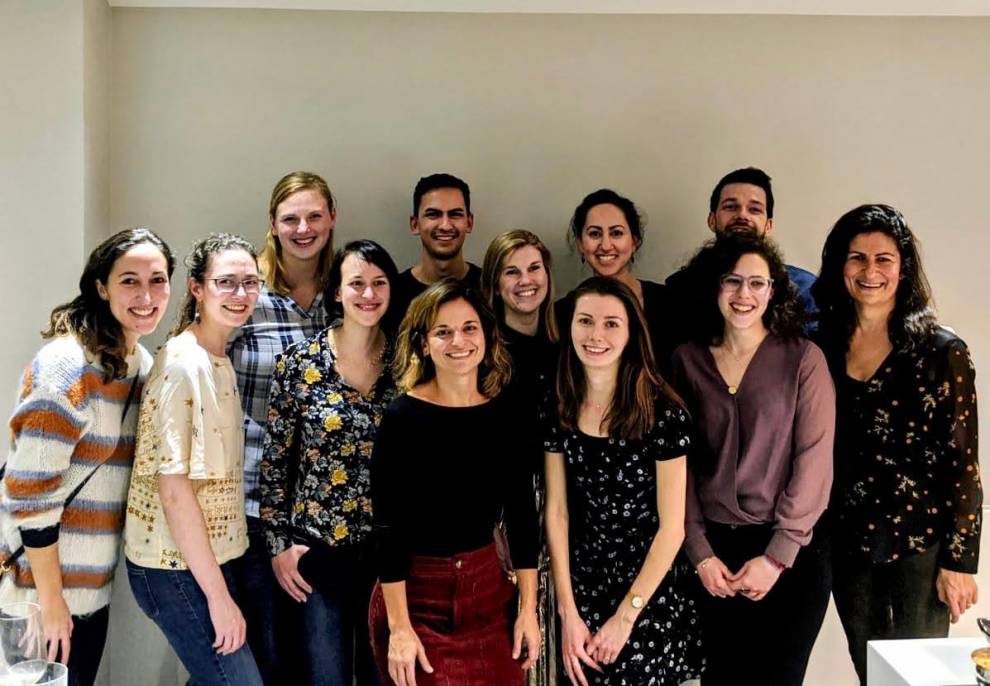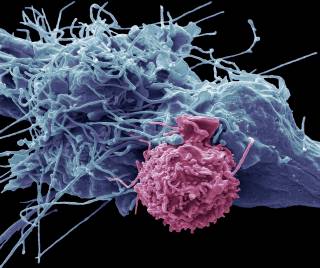Welcome to the Maini Group
As well as being of great medical importance in its own right, HBV provides a useful model to provide insights into liver immunology, which has relevance for other hepatotropic infections and malignancies, liver transplantation and autoimmunity.

We have become fascinated by how the liver utilises multiple specialised cell types and pathways to maintain a uniquely tolerant immunological environment. Defining the mechanisms of hepatic tolerance is critical to understanding how three of the most prevalent and devastating human pathogens - HBV, Hepatitis C virus and malaria - take advantage of this niche in which to replicate and/or persist.
We also focus on understanding how tolerogenic and exhausted hepatic immune responses can be switched to be able to effectively fight HBV and HCC. The rationale for this approach is based on the fact that many adults control HBV through their natural immune response without overwhelming liver damage. Chronic HBV infection still kills an estimated 780,000 people a year and HCC is the third leading cause of cancer deaths; our work is informing the development of new immunotherapies for these neglected diseases.


 Close
Close

